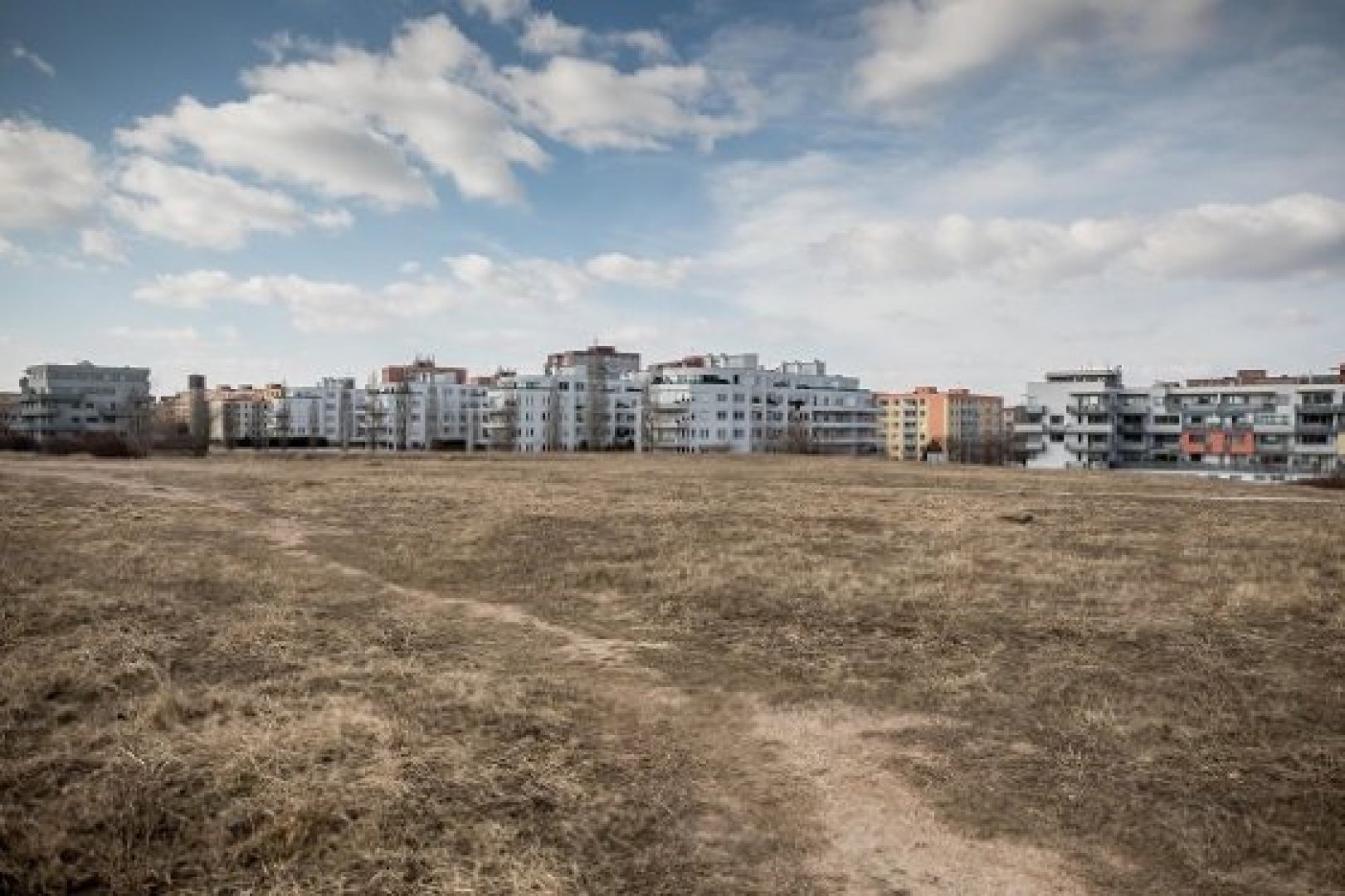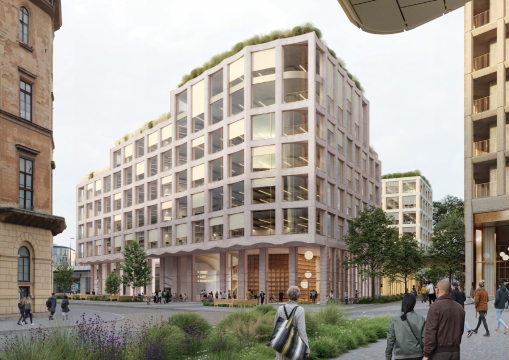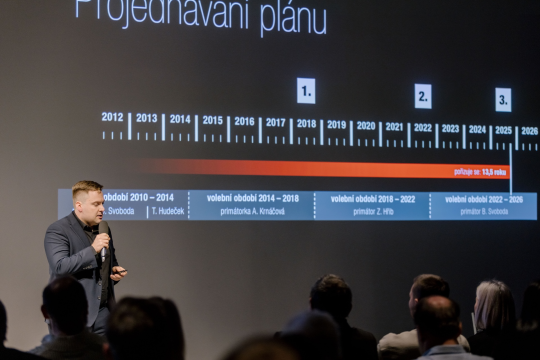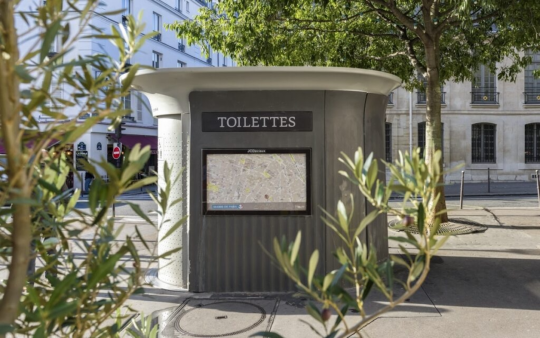New rules for developer contributions towards public amenities to be submitted for approval in June
New rules for investors will determine how much they will need to contribute towards the city’s civic amenities when developing new neighborhoods. The rules will apply to sites requiring a zoning change in order to be developed, where the zoning change will result in a dramatic increase in the site’s value. The new methodology determines the amount of this value added, which will then be returned to the city or the city district in the form of new parks, schools, or public housing apartments for the city. The methodology is close to being completed, and is expected to be approved by Prague City Hall in June. These rules are already being followed in several localities.

Based on cooperation agreements, the new rules will ensure that investors help finance the construction of infrastructure, civic amenities, and public space. Considering that there are currently no rules of this type in the city, this is an important step for future development and construction in Prague. The methodology was created in cooperation with the Association of Prague City Districts.
In 2020, the methodology for investor contributions was the subject of much discussion between city districts and developers. The new rules were also presented to the public at the Center for Architecture and Metropolitan Planning (CAMP). The document currently awaits a final round of debate, and is expected to be approved by the Prague City Council by late May or early June, and subsequently by the Prague City Assembly.
Petr Hlaváček, Prague’s Deputy Mayor for Spatial Development and the Land Use Plan, notes: “Parcels of land that are not currently zoned for development have a completely different value than would be the case if they were changed to developable parcels in the zoning plan. This methodology therefore creates rules for developers where they will be newly responsible for their fair share of the construction of infrastructure or public space. This is very important for public housing, as the new rules should help ensure that more of this type of housing is built than has been done to-date.”
Since last year, the methodology has gone through several rounds of review and comment, further specifying the conditions with which investors will have to comply in the future.
Ondřej Boháč, Director of IPR Prague, says: “I’m pleased that the methodology is nearly finished. Thanks to the comments and suggestions from the city districts and investors, I believe that we have been able to create a document that will positively shape future projects. The need for more kindergartens, schools, and quality parks is continually increasing.”
The updated version of the methodology will be presented to the public at CAMP on April 26th. The methodology will serve as the basis for individual agreements and also as a touchstone for the city when making decisions. The document will be particularly helpful to city districts when negotiating with investors. Prague City Hall is expected to approve the methodology in June.
A presentation of the methodology for investor contributions is available here (CZ only).
You might also be interested in

New Florenc to Be Designed by 15 European Studios: Prague Announces Winners of International Architectural Competitions.

Two public hearings will help Prague residents get to know the draft Metropolitan Plan.

